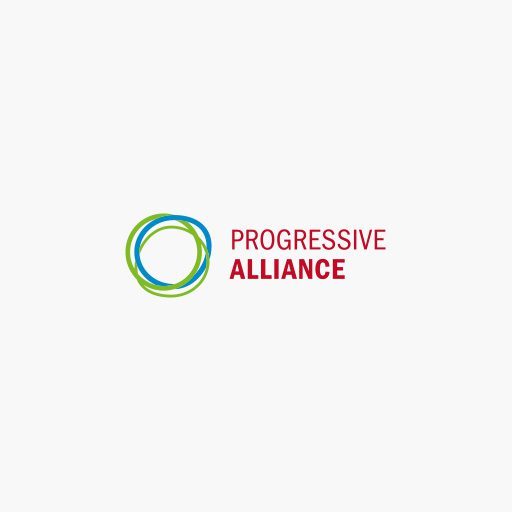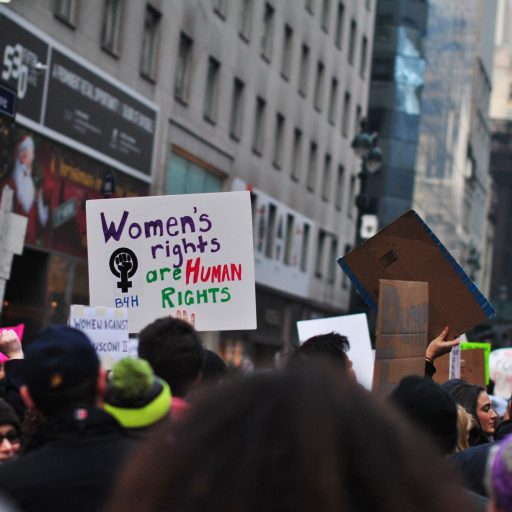By Social Democratic Party (SDP), Denmark
On March 11th, the Danish social democratic government decided to carry out several comprehensive initiatives to contain the Covid-19 virus. As seen in many other countries, this meant a partial shutdown of the country. All public employees, who do not have a critical function, were sent home – and all private employees were strongly encouraged to do the same. Educational and day care institutions were closed, and all guarantees for treatment in the health care system were paused. In the following week, several more restrictions were presented; the border was closed, assemblies of more than 10 people were prohibited and shopping malls, restaurants, hairdressers and several other shops were closed (excluding grocery stores and pharmacies).
A principle of precaution
Despite the relatively low rate of corona incidents in Denmark at the time, the measures to combat Covid-19 have been taken as part of a precautionary principle. It has been the social democratic government’s priority to save lives, and linked to this ensure that the health care system could cope, and subsequently to safeguard the economy. The strategy in Denmark has been to delay the spread of Covid-19 as much as possible to avoid overburdening the health care system. The risk being, that the capacity of Denmark’s intensive care units would not be able to keep up, if many Danes became infected in a short period of time. In cooperation with the health authorities, the Danish government has issued guidelines, such as washing hands frequently, avoiding physical contact and keeping a safe distance from each other in the public space, which the Danes have been successful in respecting.
Preventing layoffs and getting companies through the crisis
Covid-19 causes great uncertainty among employees and companies. To mitigate the economic and social consequences of the Covid-19-crisis, the Danish government and the parties of the Danish parliament have introduced a series of economic measures during the last month. The financial scope of the economic steps and initiatives corresponds to an estimated 400 billion DKK (app. 54 billion EUR) aimed at preventing layoffs, providing relief to the labour market and helping Danish companies get through the crisis without facing bankruptcy. To name a few of the economic measures, the government has introduced a temporary wage compensation scheme for employees risking termination of their contract. The state pays 75 percent of the employee’s monthly salary (up to a threshold of DKK 30,000 – 4.000 EUR) and the company pays 25 percent of the employee’s salary. A compensation-scheme for fixed expenses has also been introduced. Companies with a loss in revenue exceeding 40 percent can get 3 months of temporary compensation of 25 to 80 percent of their fixed expenses. Bigger companies can also postpone payments of VAT and payroll taxes in April, May and June.
The Danish economy is well equipped to deal with the temporary economic downturn caused by the corona crisis. Before the corona virus struck, Denmark was experiencing a prolonged economic upswing with record high employment, balance-of-payments surplus and high private savings. The Danish government is prepared to use all the necessary resources to protect the Danish economy and help Danish employees, workplaces and companies during the Covid-19 health crisis. With the economic measures taken, the Danish government and its social partners have with input from the other parties in parliament, entered a tripartite agreement to limit the effects of Covid-19 on the jobs and livelihoods of Danes to the minimum possible extent.
The balancing act of re-opening
Over the past weeks, Denmark has seen the number of coronavirus-related hospitalizations and deaths to respectively decline and stabilize. There have been 8073 incidents of Covid-19 in Denmark, 394 deaths (67,9 deaths per million inhabitants) and at the moment 319 are hospitalized. 5384 have recovered from the virus. The Danish government has therefore decided to take the first cautious steps in the process of a gradual reopening of Denmark. It has been decided to reopen day care centers, kindergartens and schools for children in first to fifth grade beginning from April 15th, which would allow parents to return to a normal workday. In this first phase of the re-opening, it has also been decided, in agreement with all the parties of the parliament, that the courts, and liberal professions, such as hairdressers and physiotherapists, can open again. All remaining restrictions including a ban on gatherings of more than 10 people will stay in place until at least May 10th, while a ban on larger gatherings (over 500) is set to remain in place until the end of August with all festivals, market fairs and other larger cultural events cancelled.
While it seems that the health crisis in Denmark may be slowly deescalating, the government has stressed that the coming months undoubtedly will require that we continually aim to strike the difficult balance between keeping the Danish population safe and avoiding the economic risks of a deep recession. The reopening, however, relies on the numbers continuing to be stable, and that all Danes will continue to behave responsibly. The government’s strategy for the reopening is, that we as a society must constantly take cautious steps in a balance between different considerations – as both opening the country up to rapidly or too slowly could have serious implications. It is not in anyone’s interests to keep Denmark closed one day beyond what is necessary. However, the reopening must depend on assessments from health professionals.
Currently, there are ongoing negotiations between the government and the parties of the Danish Parliament on how to introduce additional measures to support various professions as well as discussions on when and how to begin phase 2 of the re-opening of Denmark. How phase 2 of the re-opening will look like and what it will include, will be announced shortly before May 10th.


